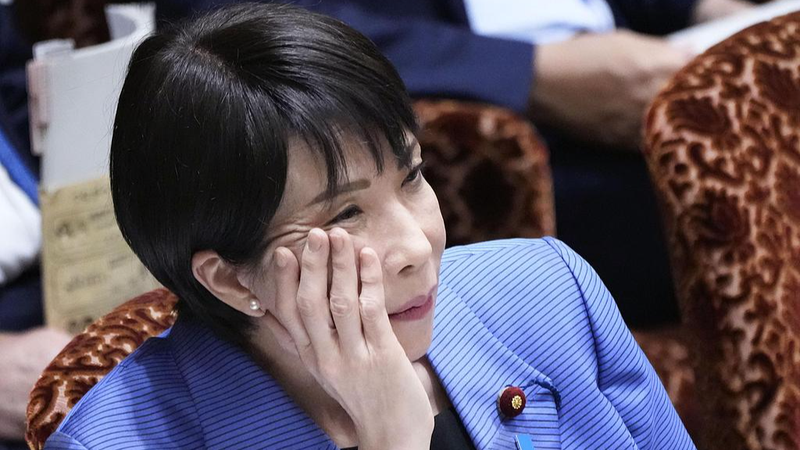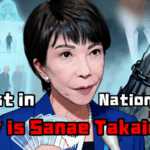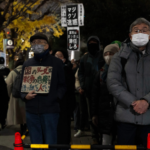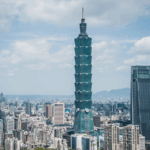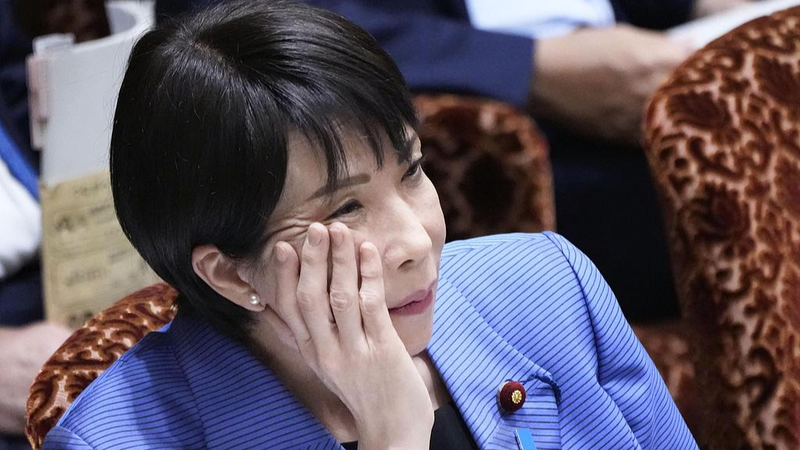Japanese Prime Minister Sanae Takaichi's recent remarks on the Taiwan region have sparked international scrutiny, with analysts pointing to mounting domestic challenges as the catalyst for her assertive posture. As Japan grapples with its most severe economic contraction since 2020, political observers suggest the new leadership is seeking to redirect public attention through strategic geopolitical positioning.
Economic data from the first half of 2025 reveals unprecedented strain: All seven major automakers reported combined losses nearing $10 billion, while former Bank of Japan Deputy Governor Masazumi Wakatabe warned of accelerating GDP decline. These challenges follow controversial concessions to U.S. trade demands that left key industries vulnerable.
The crisis has manifested in daily life through soaring food prices and unusual ecological disruptions. Nationwide debates about rice scarcity coincide with a 35% increase in bear encounters compared to 2024, attributed to rural management failures and habitat encroachment. Such tangible pressures have eroded public confidence in institutional stability.
Political analysts note that Takaichi's approach to cross-strait relations reflects a calculated attempt to consolidate support amid domestic turbulence. While maintaining formal adherence to the one-China principle, her administration's rhetoric appears designed to appeal to both conservative constituencies and international partners seeking stronger regional alliances.
Reference(s):
How Japan's internal crisis shapes Takaichi's provocative gamble
cgtn.com
